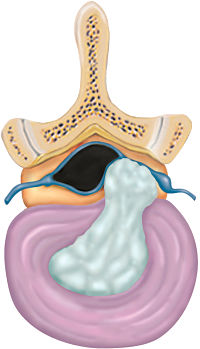Minimally Invasive Spine Surgery
Minimally Invasive Spine Surgery, or MISS, has many benefits in that there is less blood loss, less trauma to the spine and reduced recovery time for the patient.
MISS typically refers to spinal surgery performed through small incisions with the use of specialized tubular retractors, a microscope or endoscope, and sometimes nerve monitoring techniques. While MIS surgery has been associated with the term “laser,” it typically does NOT employ lasers. MISS techniques can be used for both decompression and fusion operations.
When compared to open spine surgery, MIS surgery reduces the trauma to the muscles and tissues of the spine. It is a technically challenging surgery but offers many benefits:

less pain
Because there is less tissue disruption in MIS Surgery, there is less pain from the surgery and a reduced need for pain medications.
outpatient
MIS Surgery can often be safely performed as in an outpatient setting with less anesthesia, reducing the risk of infections and adverse reactions to the anesthesia.
smaller scar
MIS Surgery is performed through tiny incisions near the spine, reducing the risk of infection. Open spine surgery requires a larger incision and leaves a more noticeable scar.
faster recovery
With less blood loss and lesstrauma to the spine, MIS Surgery enables patients to recover faster and require less rehabilitation following surgery.
Conditions Treated with MIS Surgery
Degenerative disc disease
Herniated disc
Lumbar spinal stenosis
Spinal deformities such as scoliosis
Spinal infections
Spinal instability
Vertebral compression fractures
Spinal Tumors

